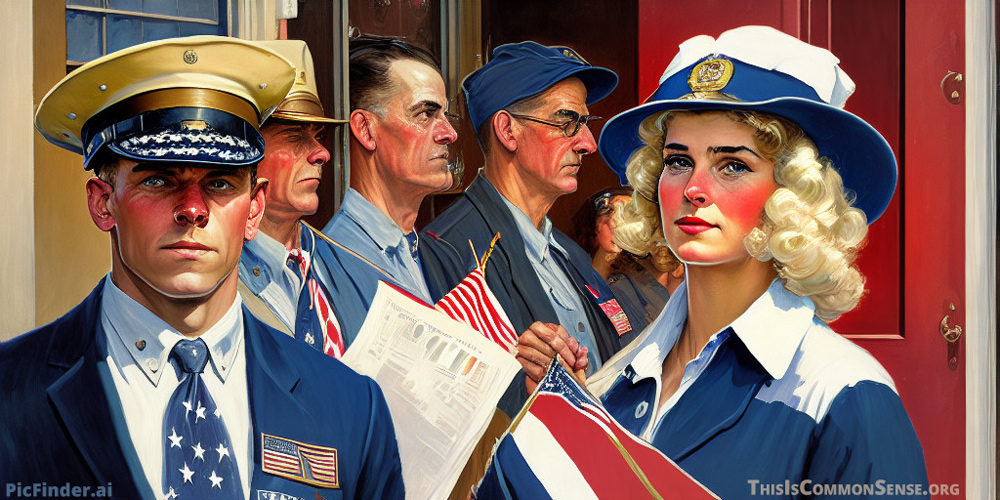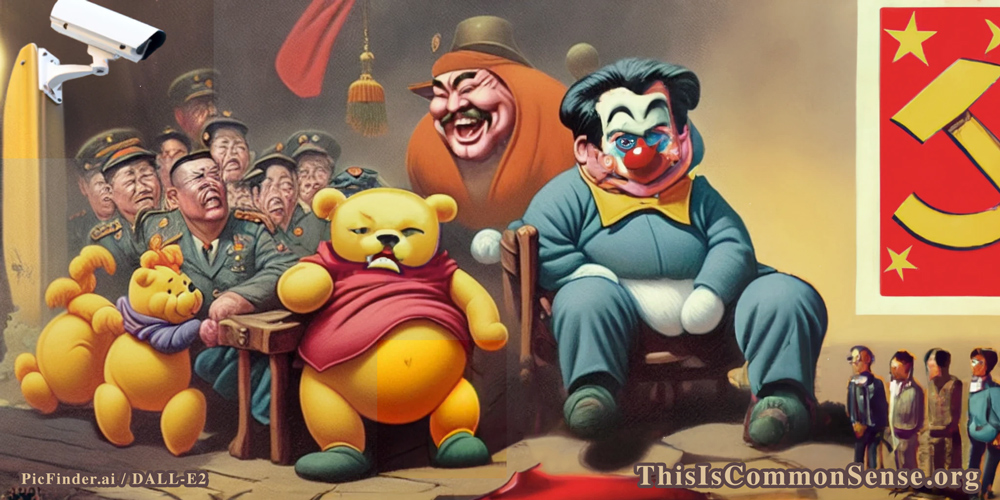The verb is “enjoin.”
In a July 4 preliminary injunction, Judge Terry Doughty has enjoined federal officials from communicating with social-media companies except on matters pertaining to criminality or threats to national security.
“The Plaintiffs are likely to succeed on the merits in establishing that the Government has used its power to silence the opposition,” explains Doughty. The government “seems to have assumed a role similar to an Orwellian ‘Ministry of Truth.’”
For a few years now, government officials have asked social-media personnel to censor speech on topics like the pandemic, elections, and laptops dropped off by Hunter Biden, speech that officials want to suppress only because they disagree with it or find it inconvenient. Politically.
A lawsuit brought by Missouri and Louisiana argues that federal officials pressured and colluded with social-media companies to block speech protected by the First Amendment.
Some critics of this and other lawsuits — and of more non-formal objections to the government’s conduct — say that what has been exposed in documents brought to light during litigation, and in the Twitter files, cannot be called governmentally instigated censorship at all.
What’s really going on, they burble, is nothing more than persons working for the FBI, the CDC, the White House, and other such government-force-backed entities idly wondering — in incidental and nonbinding casual conversation, mind you — whether the social-media company they’re just happening to hobnob with could come down like a ton of bricks on the accounts of persons saying things that government officials disapprove. No big deal.
Not the most plausible pseudo-exculpation I’ve ever heard.
The relevant adjective? “Guilty.”
This is Common Sense. I’m Paul Jacob.
Illustration created with PicFinder.ai
—
See all recent commentary
(simplified and organized)






